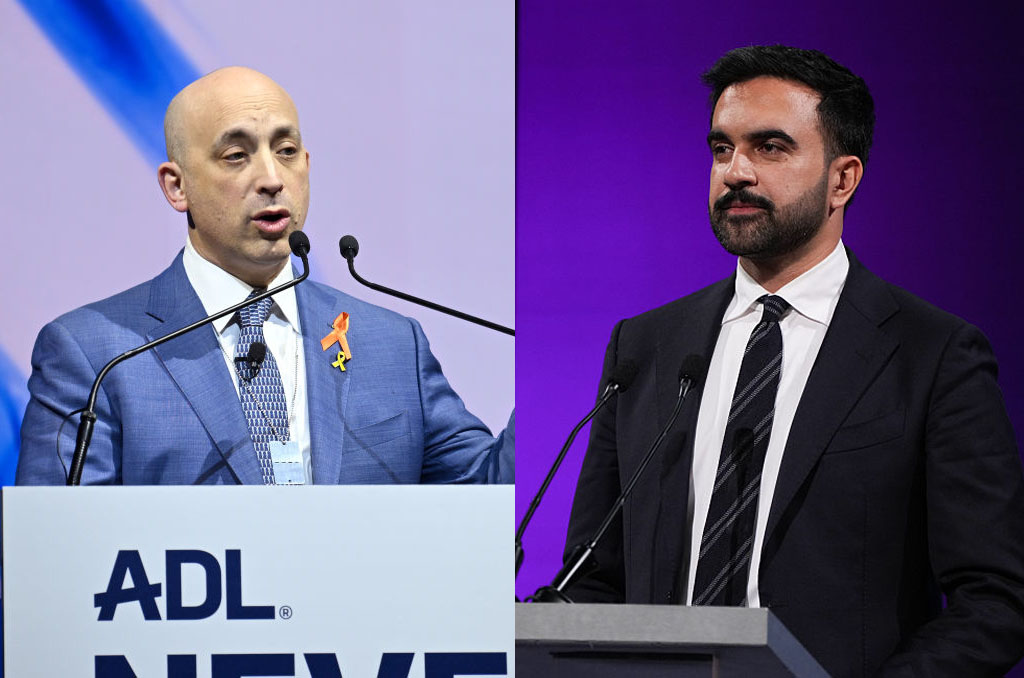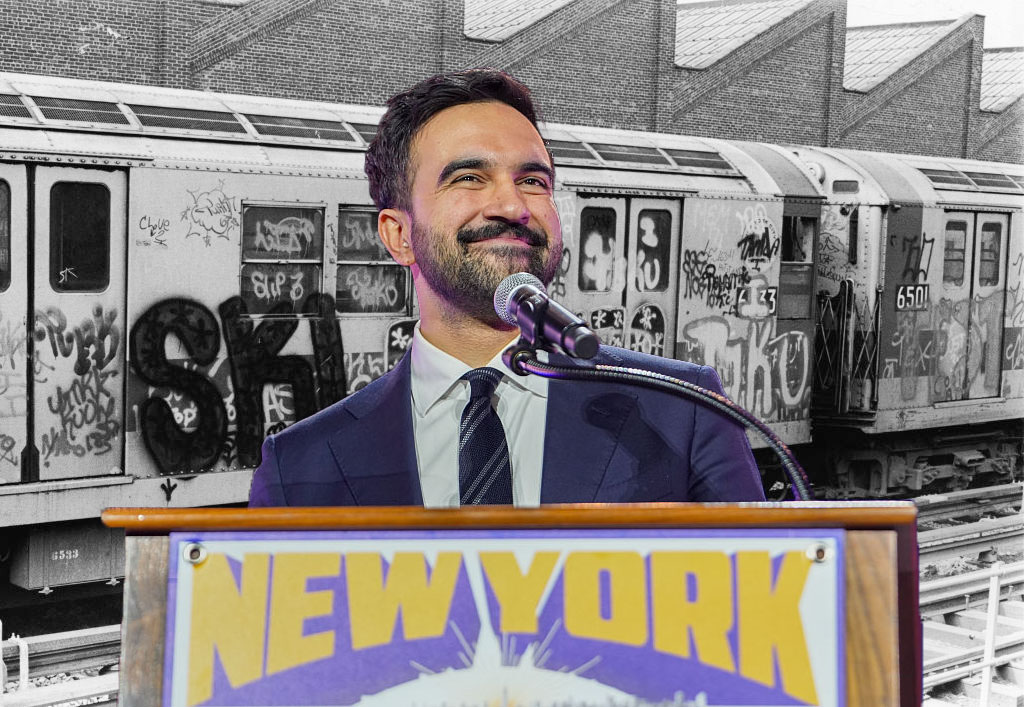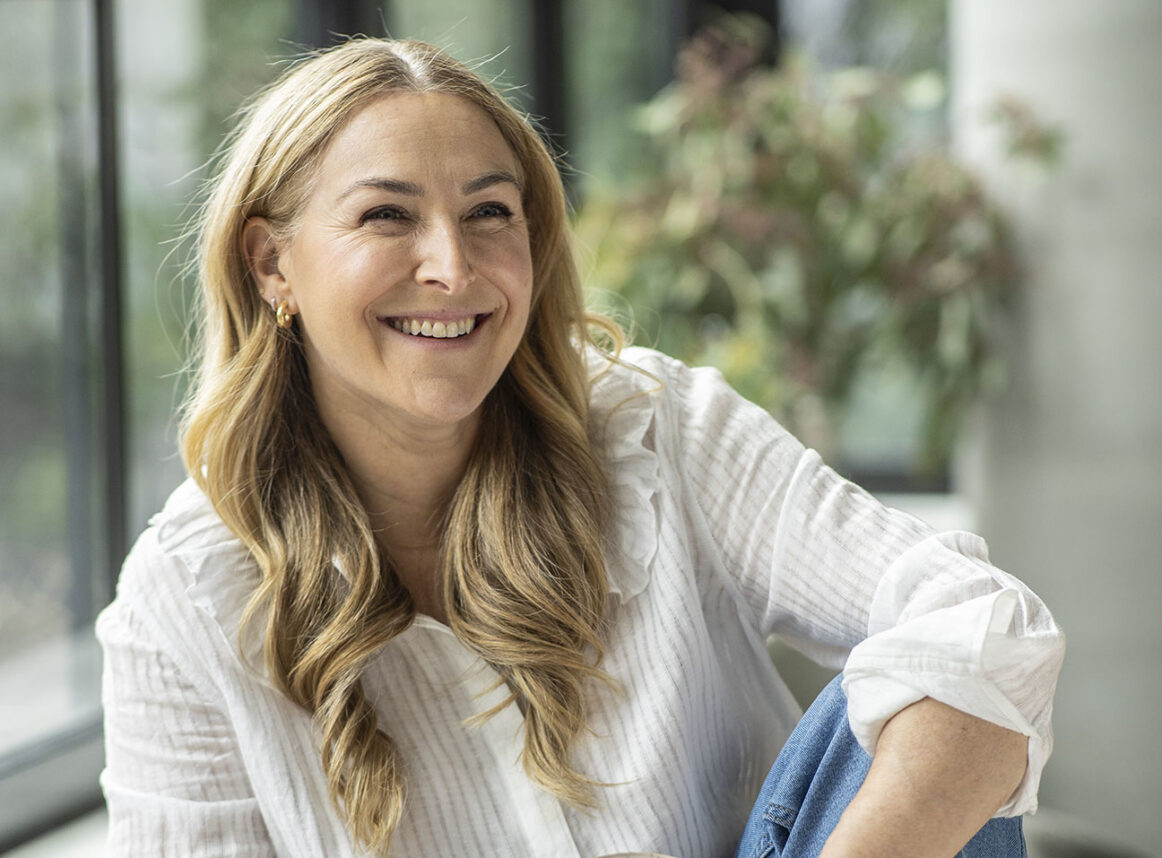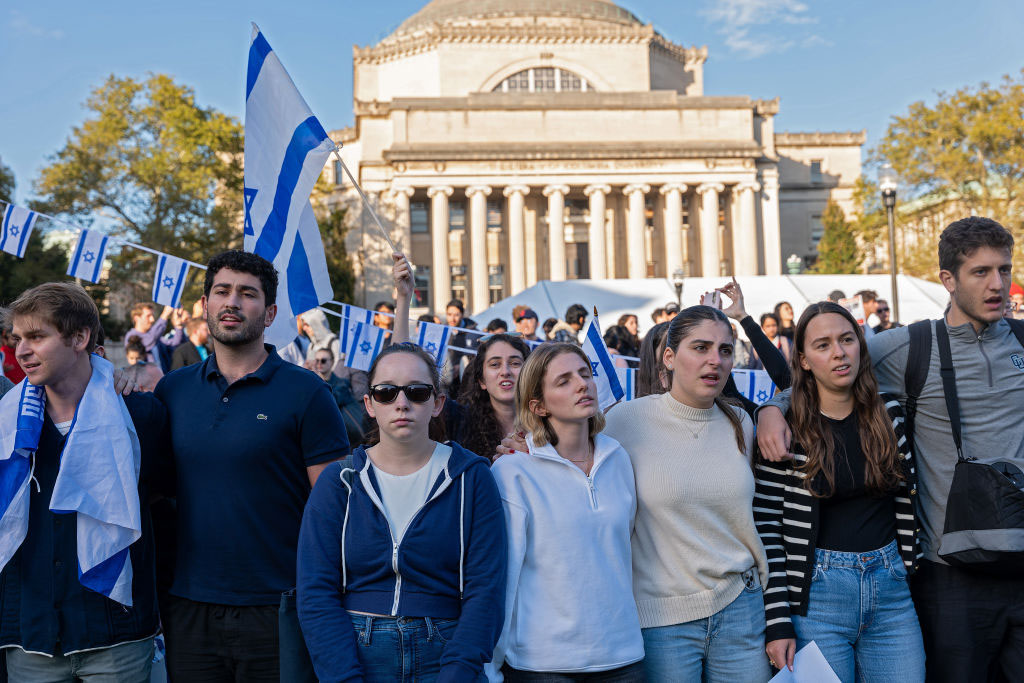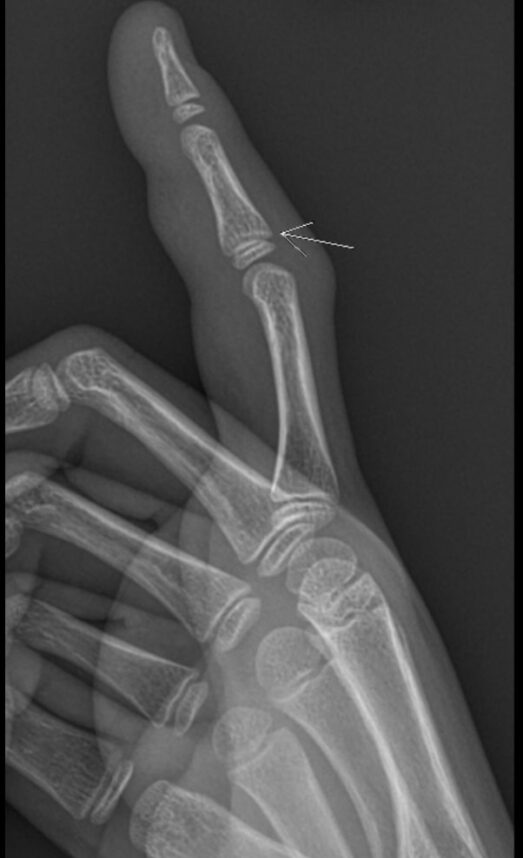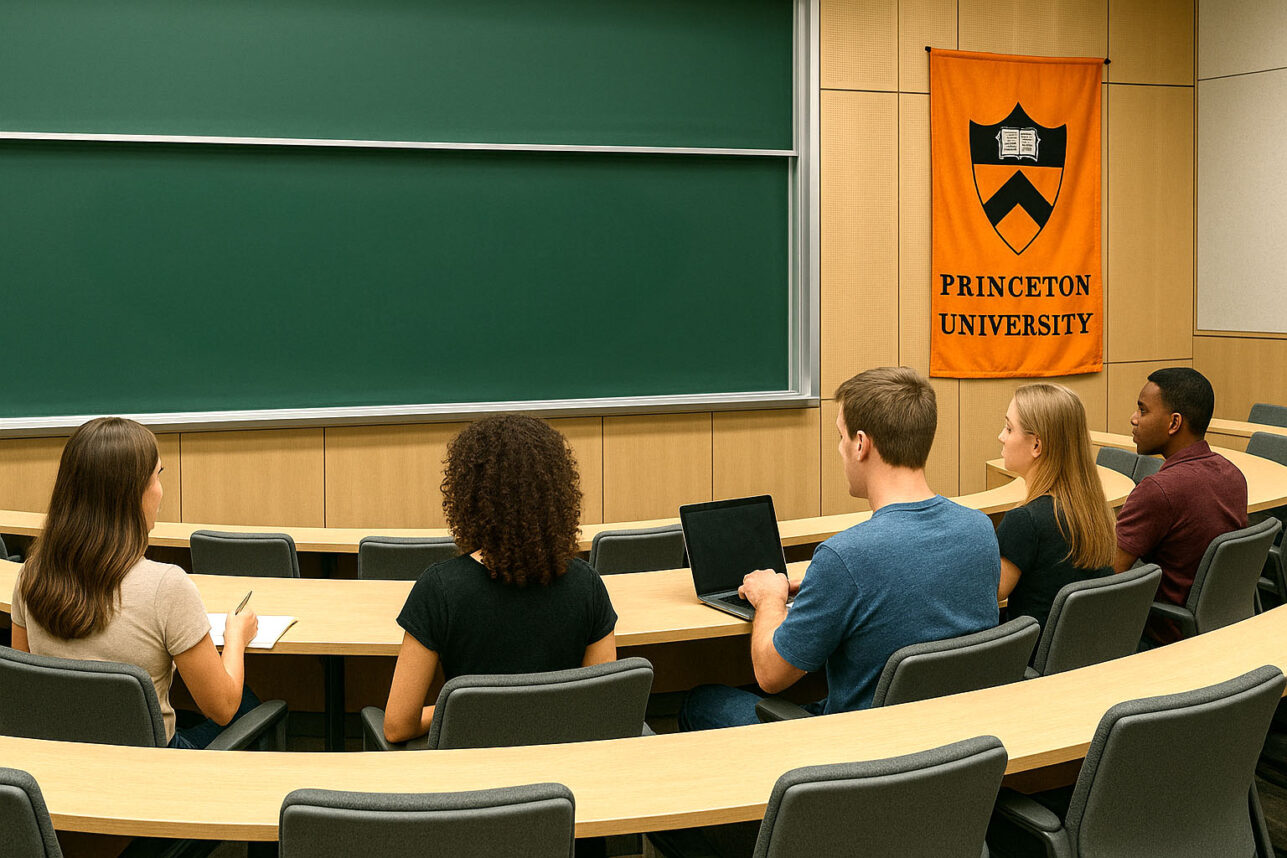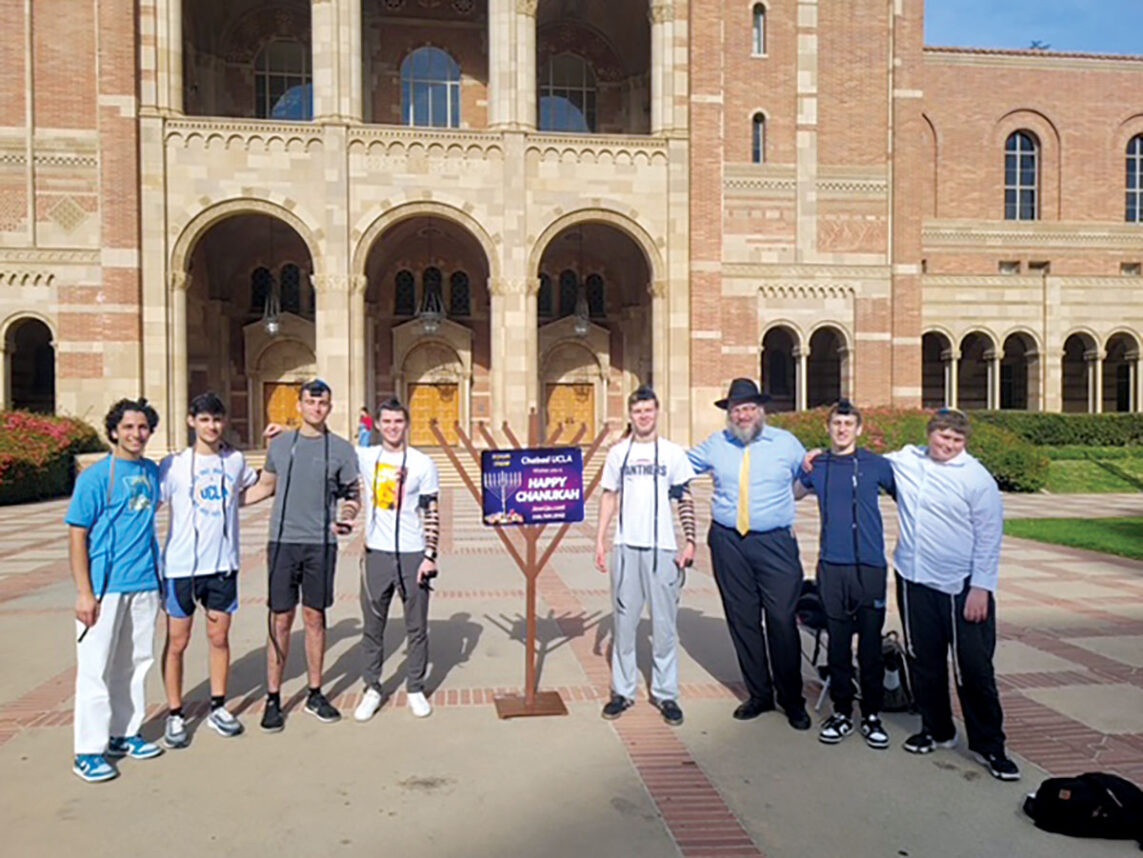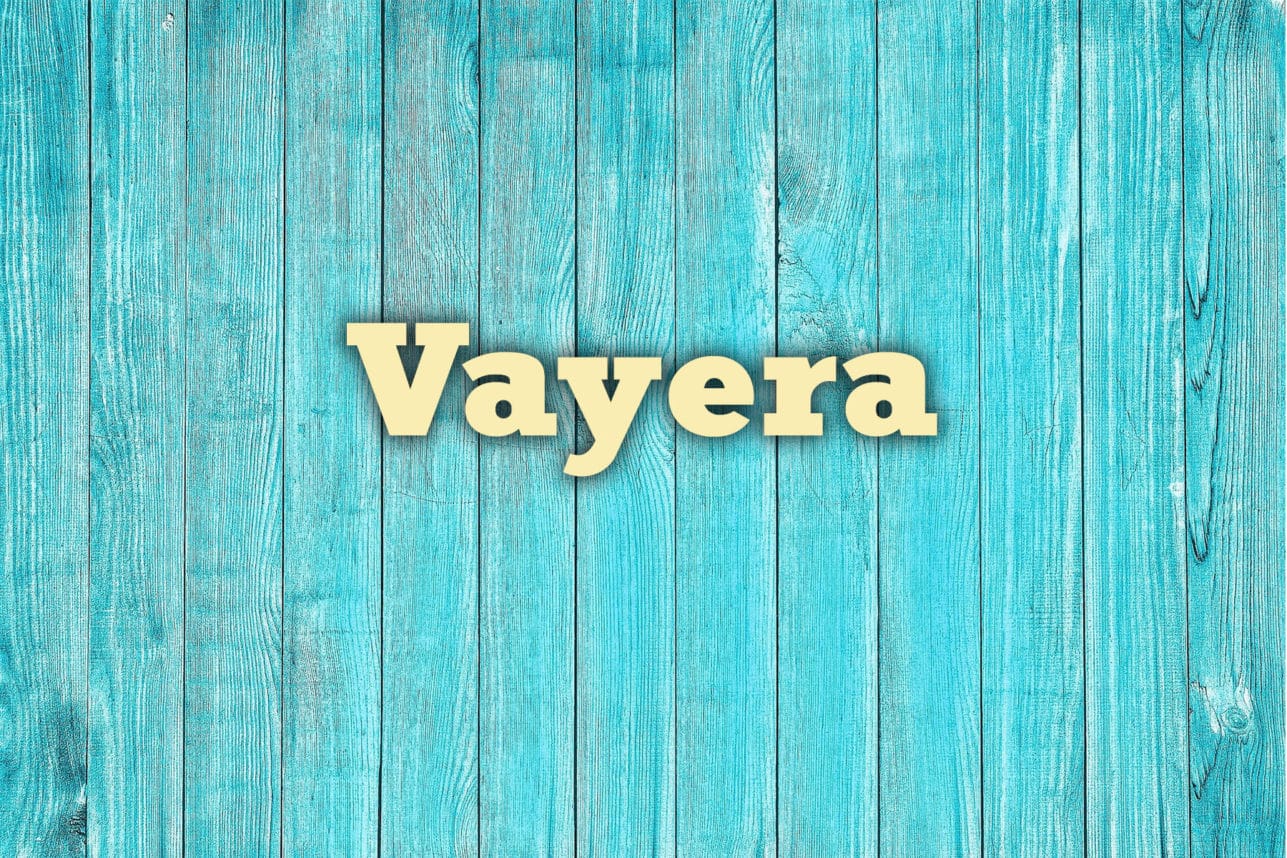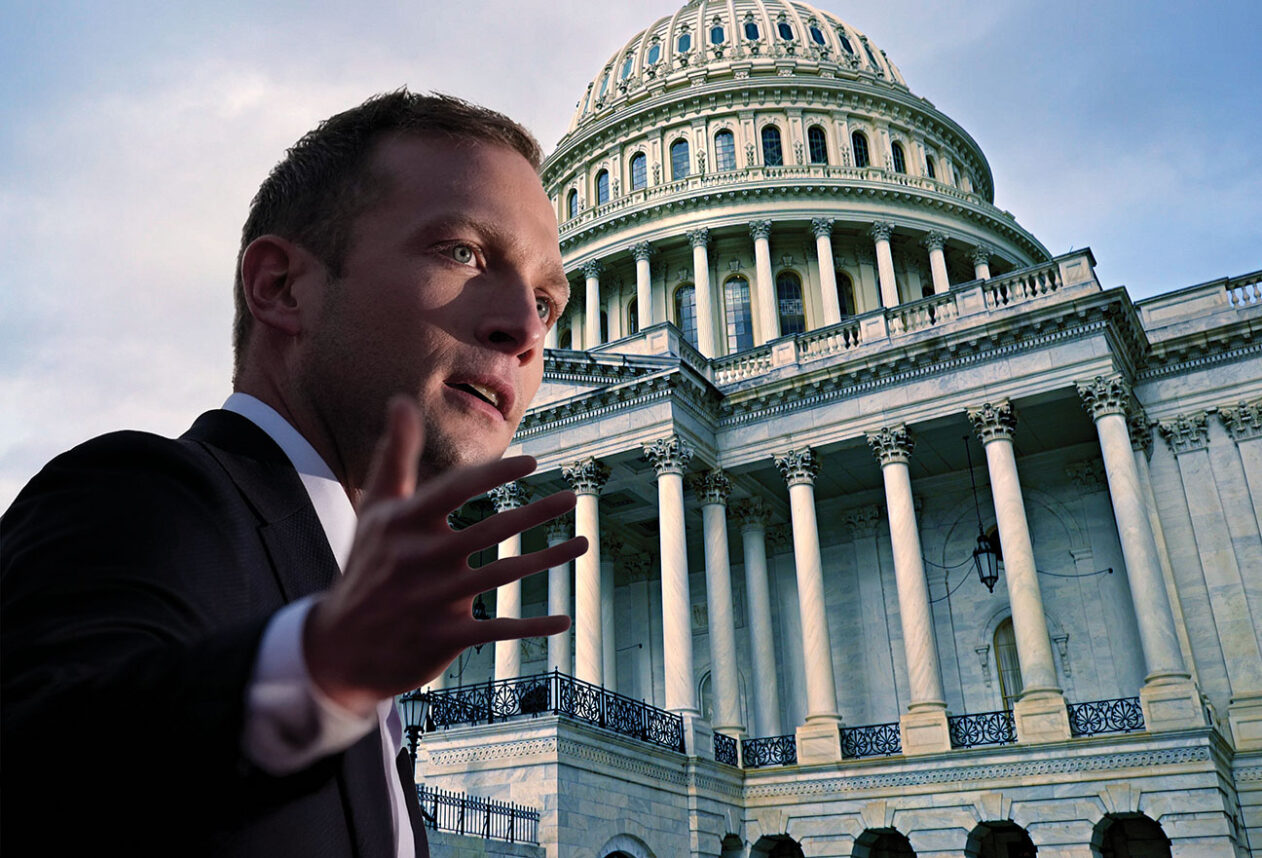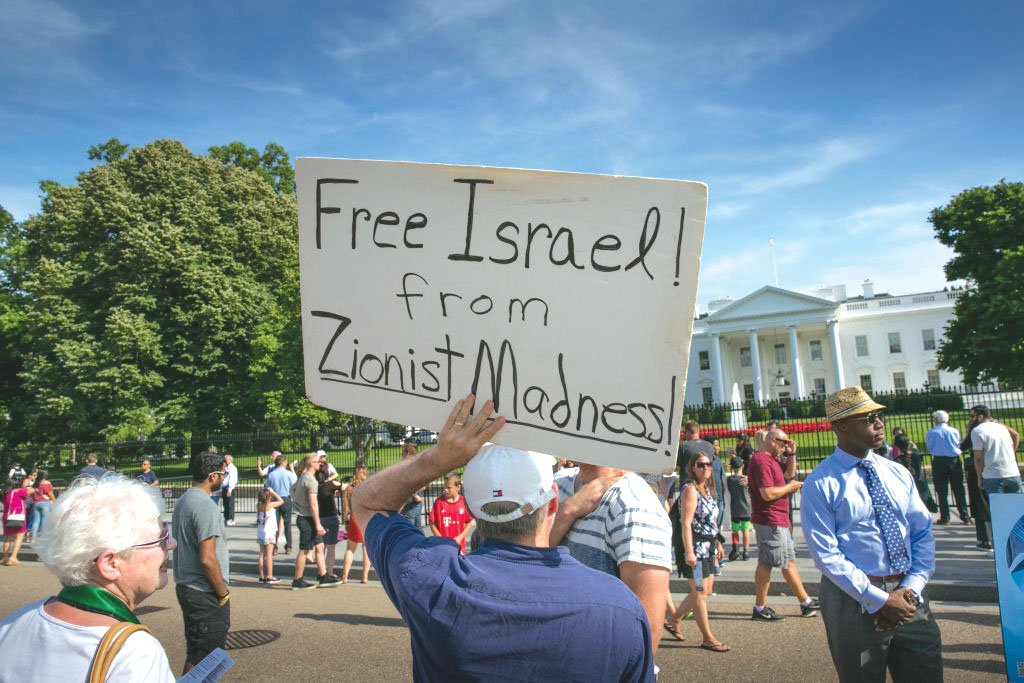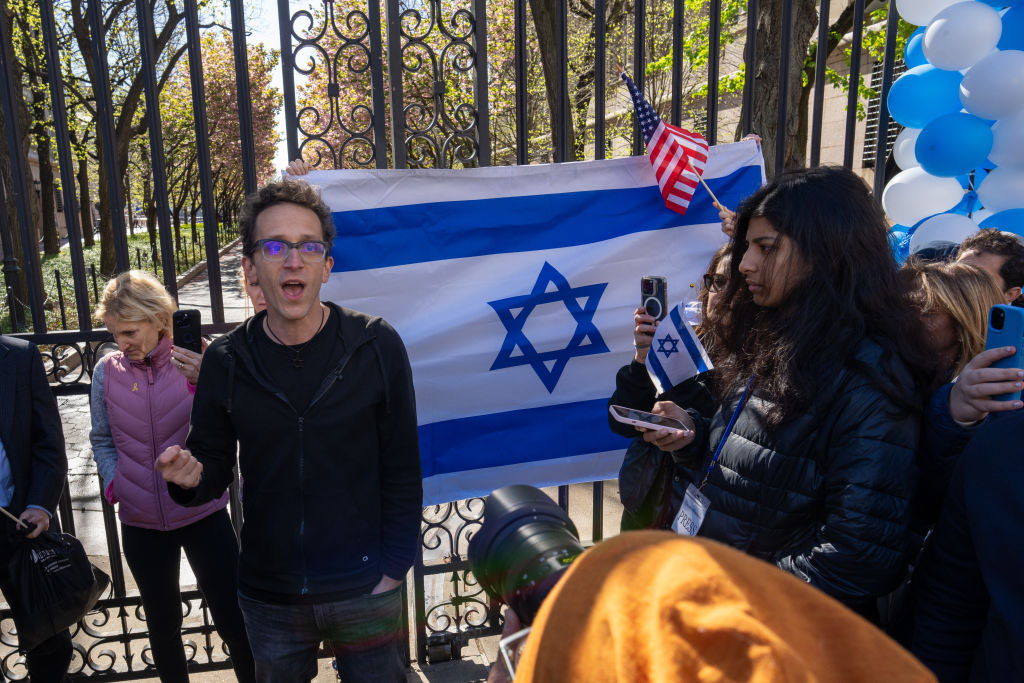
Columbia University Assistant Professor Shai Davidai provided congressional testimony on June 13 describing the “hostile environment” on campus since Oct. 7.
“To say that civil rights are being violated does not begin to capture what Jews and Israelis have been forced to endure on campus,” Davidai told the House Ways and Means Committee. “Over the past months, Jewish students at Columbia have been locking themselves in their dorms to avoid being assaulted. They have been spat on, attacked, bullied, and vilified. Columbia has done nothing to stop pro-terror student organizations that justify, excuse, and celebrate the massacre of my people, and chant for their eradication ‘by any means necessary.’ As if violence against my four-year-old Israeli niece and my 93-year-old Israeli grandmother would be justified acts of resistance by ‘freedom fighters’ — acts worthy of celebration.”
Davidai listed what he sees as the failures of the university to take action to protect Jewish and Israeli students on campus, including dismissing “Jewish students’ concerns about their physical safety, prompting a prominent Jewish leader to urge students to evacuate campus”; allowing “multiple illegal protests to take place on campus” and “professors to teach classes inside an illegal encampment from which Jewish and Israeli students were denied entry and in which their physical safety could not be guaranteed.” He also accused Columbia of negotiating “with pro-Hamas and pro-Islamic Jihad student organizations” that “violently took over a university building and held a university employee hostage against his will” and expressed support for rockets to be fired at Tel Aviv as well as for Hamas’s military wing “to attack Jewish American students on campus.” Further, these student groups “invited speakers with known ties to terrorist organizations to lead a ‘Resistance 101’ event, in which students were encouraged to express support for terrorism and were told that the Oct. 7 massacre was a necessary and justified action.”
The professor noted that “Columbia in theory” has been different from “Columbia in practice,” contending that while the university has suspended “two pro-terror student organizations” as well as “a handful of student leaders who invited to campus speakers with known ties to terrorist organizations,” these suspensions were never enforced. The university has also claimed that a professor who voiced support for Hamas and Hezbollah was terminated, but that professor still teaches at the university, claimed Davidai.
He pointed the finger not just at Columbia President Minouche Shafik, but at the university administration and the Board of Trustees as a whole. Davidai claimed that many faculty members “openly support and celebrate Hamas.”
“For decades, there has been no accountability for professors who indoctrinate rather than educate young Americans,” Davidai told the committee. “There has been no leadership, no taking of personal responsibility. In such a climate, it is not surprising that students feel complete impunity to spew their hatred toward Israelis, Jews, and the United States of America.”
“For decades, there has been no accountability for professors who indoctrinate rather than educate young Americans. There has been no leadership, no taking of personal responsibility. In such a climate, it is not surprising that students feel complete impunity to spew their hatred toward Israelis, Jews, and the United States of America.” – Prof. Shai Davidai
Davidai also detailed the “personal price” inflicted upon him and his family since he began speaking out. “My home address and class schedule have been posted online, urging people to harass me. Members of these pro-terror organizations have publicly smeared me, my wife, my parents, and my late grandfather. They even published pictures of my two-year-old daughter and eight-year-old son,” he said. “Yet, I refuse to be deterred. I am not fighting for myself. I am fighting for every decent American who believes that antisemitism and support for terrorism have no place on college campuses. I am fighting for every person – Jewish or non-Jewish – who believes that rape is never, never, never OK. I am fighting for the future of higher education.”
Responding to questions from committee members, Davidai said that there has been a “purge” of faculty members who disagree with anti-Israel faculty at Columbia and other universities for decades. “When you are only allowed to listen to one point of view, then you end up either agreeing with that point of view … or you drop out of the class,” he argued. “There have been experiences of students that feel like they have to write papers that oppose their own values just to get a passing grade.”
Davidai also criticized “the vast majority” of Democrats and Republicans on the committee who weren’t present for the hearing. “They didn’t see this as a top priority, so their constituents and the students around the country, they see that antisemitism, support for terrorism is not a priority for the House, so why wouldn’t they go and protest?” he contended.
Rep. Brad Schneider (D-Ill.) defended his colleagues, claiming that there are often multiple congressional hearings occurring at the same time. “It’s not a matter of priority, we come and go … this is a priority, that’s why we’re having this hearing … that’s why we have legislation come to the floor.” Davidai countered: “Your top priority is where you show up, and this is the not the top priority. It’s a second, third or fourth priority.”
Rep. Jason Smith (R-Mo.), the chairman of the committee, agreed with Davidai. “Members of this committee were asked to serve on this committee, and they should be present,” Smith said, “and it’s all about priorities. We’re busy people but this is the most important committee in Congress, and that is why people should be in their seats.”
In response to a question from Rep. Brad Wenstrup (R-Ohio) on what would happen if Congress started cutting funding to universities, Davidai said: “Even before you cut it off, their knees will start shaking and change will happen.” He contended that universities only “care about money and PR, and if you start playing with that, things will change.”
Toward the end of hearing, Davidai called for permanently banning “every pro-terror student organization,” expelling the leaders of these organizations and for sanctioning — if not firing — these students organizations’ faculty advisors. Davidai also urged universities to prevent professors who express support for terrorist organizations like Hamas from interacting with students and for all universities to adopt the International Holocaust Remembrance Alliance definition of antisemitism.
Among those who also testified at the hearing were recent Cornell University graduate Talia Dror, who said that “nothing has changed” in terms of the “antisemitic environment” on campus since she first testified to Congress eight months earlier. “Cornell’s policy of appeasement infused the protests with renewed vigor,” she claimed. “Classes were constantly interrupted and several exams were even moved as the pro-Hamas student group continued to wreak havoc on campus life. They let the inmates run the asylum.” As an example, Dror pointed out that after Cornell cleared a pro-Palestinian encampment on campus in May, the university thanked “the students responsible for the encampment for not inciting physical violence. Rather than punishing protesters for violating university rules, they expressed gratitude that the students terrorizing campus and stifling intellectual disagreement managed to stop themselves from physically carrying out their violent sentiments.”
Cornell recently did release a plan to combat antisemitism on campus, which doesn’t “mention firing antisemitic professors or cutting ties with Qatar, a country which has invested 1.8 billion dollars in Cornell, and is one of Hamas’s most prominent financial backers. Their proposed solutions are performative band-aids on the administration’s inability to understand and address Cornell’s deeply ingrained, systematic moral rot.”
Kenneth Marcus, founder and chairman of the Louis Brandeis Center for Human Rights Under Law, also testified; he claimed that the Department of Education’s Office of Civil Rights (OCR) has been “unlawfully” dismissing antisemitism cases and that OCR has prevented students from appealing the dismissal of these cases. Marcus urged the Department of Justice and OCR to collaborate in investigating these cases.
The others who testified before the committee on June 13 were American Jewish Committee CEO Ted Deutch and Dr. Jonathan Pidluzny, director of higher education reform at the America First Policy Institute.










